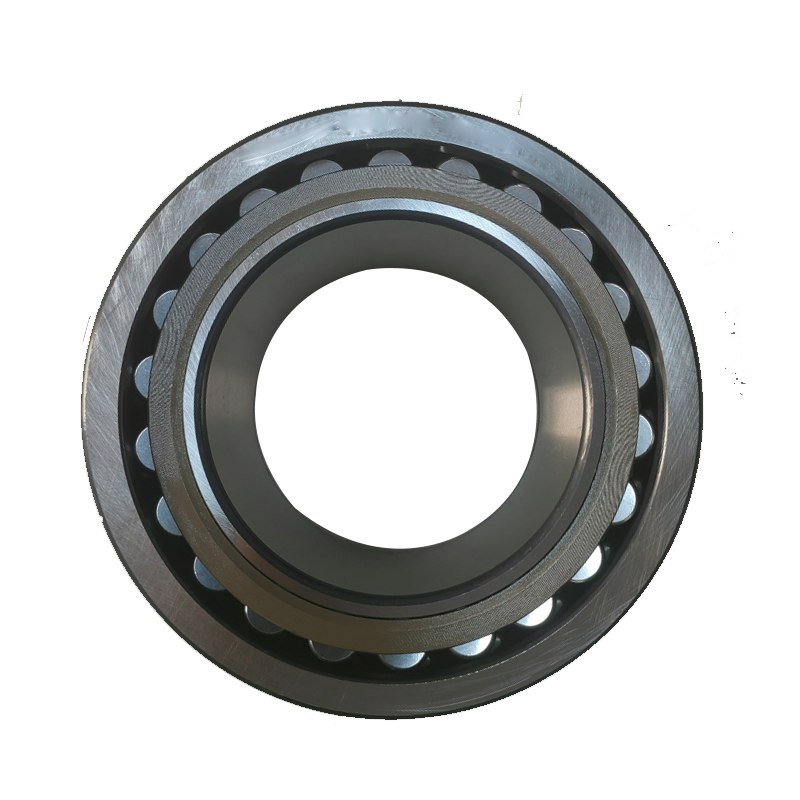Nov . 02, 2024 09:13 Back to list
wholesale ceramic bearing materials
The Significance of Wholesale Ceramic Bearing Materials
In recent years, the demand for durable and efficient materials has surged, particularly in industries reliant on bearings. Among these, ceramic bearing materials have emerged as a game-changer. This article explores the significance of wholesale ceramic bearing materials, delving into their advantages, applications, and market trends.
Advantages of Ceramic Bearings
Ceramic bearings are known for their remarkable properties. One of their most significant advantages is their resistance to wear and corrosion. Unlike traditional steel bearings, which can easily succumb to harsh conditions, ceramic materials maintain their integrity even in extreme environments. This characteristic makes them ideal for applications in chemical processing, aerospace, and medical devices, where exposure to aggressive substances is common.
Another important aspect of ceramic bearings is their lightweight nature. Made from materials such as silicon nitride or zirconia, ceramic bearings can significantly reduce the overall weight of machinery and equipment. This reduction contributes to energy efficiency, particularly in automotive and aviation sectors, where every gram counts towards fuel savings and performance.
Additionally, ceramic bearings exhibit low thermal expansion, which means they can maintain stability across varying temperatures. This property is particularly beneficial in high-speed and high-temperature applications, minimizing the risk of failure due to heat-related expansion.
Applications in Various Industries
The versatility of ceramic bearing materials enables their use across multiple industries. In the automotive sector, for instance, they are employed in electric motors and gearboxes, where high-speed operation and reduced friction are critical for enhancing performance and longevity.
wholesale ceramic bearing materials

In the aerospace industry, lightweight ceramic bearings help improve fuel efficiency and reduce emissions in aircraft, making air travel more sustainable. Meanwhile, in the medical field, these bearings are utilized in surgical tools and equipment, ensuring precision and reliability while minimizing the risk of contamination due to their non-corrosive properties.
The electronics sector also benefits from ceramic bearings, particularly in hard disk drives and precision instruments. The non-magnetic properties of ceramics align perfectly with the requirements of sensitive electronic applications where conventional metals could interfere with performance.
Market Trends and Projections
The wholesale market for ceramic bearing materials is witnessing robust growth, driven by an increase in demand for high-performance and reliable bearings. As industries seek to enhance efficiency and sustainability, the shift towards advanced materials like ceramics is inevitable.
According to recent market research, the global ceramic bearing market is expected to expand significantly over the next few years. Factors such as technological advancements, burgeoning applications in emerging industries, and the growing focus on reducing environmental impact are driving this trend. Manufacturers are investing in research and development to innovate new ceramic compositions and enhance the performance characteristics of bearings.
Conclusion
Wholesale ceramic bearing materials are revolutionizing the way industries approach durability, efficiency, and performance. With their unique properties and advantages, ceramic bearings are poised to play a crucial role in the future of manufacturing, engineering, and beyond. As industries continue to evolve and demand high-quality materials, the reliance on ceramic bearing technology will only increase, aligning with the need for innovation and sustainability in modern applications. The future certainly looks bright for ceramic bearings in the global market.
Latest news
-
25MM 2 BOLT UCFLX05-14 Flange bearing unit( oval)
NewsMar.07,2025
-
4 bolt UCF 200 series Pillow block bearings
NewsMar.07,2025
-
25MM 2 BOLT UCFLX05-14 Flange bearing unit( oval)
NewsMar.07,2025
-
UCF216-50 4-Bolt Flange Housing Square Bearing
NewsMar.07,2025
-
25MM 2 BOLT UCFLX05-14 Flange bearing unit( oval)
NewsMar.07,2025
-
spherical roller bearing material exporter
NewsMar.07,2025





